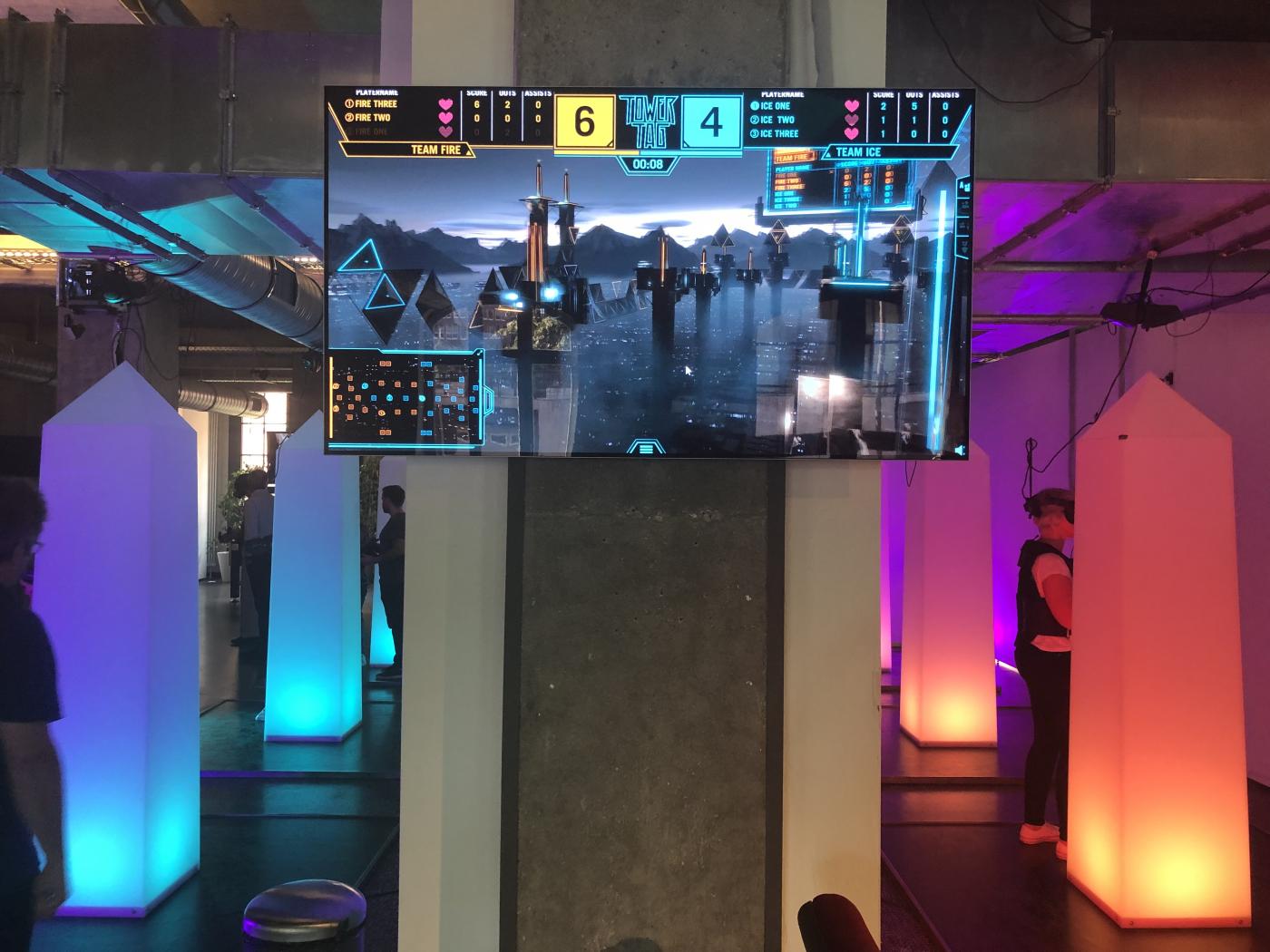Data flow control ranks first among the key trends in 2020. Countless opportunities to network and secure information are emerging in the era of digitalization and globalization and forms the backdrop to the Age of Assistance. Home assistants and voice commerce are particularly promising for outsourcing tasks, experts say. Tailored information i.e. contextual tailoring is gaining importance thanks to location-based services such as GPS, RFID, which are particularly relevant for local services, social networks and the entertainment sector.
#smarthome #artificialintelligence ##chatbots #smartsensors #automation #userprofiling
The Hamburg-based start-up Bottalk has developed a tool allowing publishers to convert articles to audio files for release on voice assistants like Alexa oder Google.


